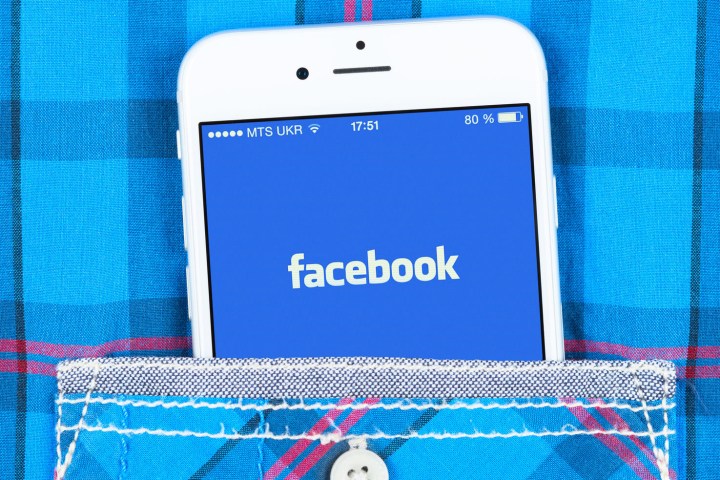
Only a handful of the changes toward CEO Mark Zuckerberg’s news feed shift made it into the platform before the end of 2017, including a change designed to prioritize videos that show more interactions rather than passive views. Despite not yet including data on Facebook’s news feed shifts since then that prioritize posts from friends, Zuckerberg estimated time spent on the social network dropped five percent in the last quarter.
Facebook continued to show higher user numbers worldwide, but growth wasn’t as accelerated as the company’s usual data. Compared to 2016, daily active users grew by 14 percent to 1.40 billion. The company’s quarterly growth, however, sat at a 2.18 percent increase over the previous quarter, the slowest quarterly growth Facebook has reported yet. In the U.S. and Canada, the number of daily active users actually decreased by 700,000 in the last quarter.
The shift, however, doesn’t come as a surprise to the company. When Zuckerberg announced plans to shift toward more meaningful interactions just with those video changes introduced last year, he said at the time that engagement and time spent would likely go down.
“News and video will always be an important part of Facebook,” Zuckerberg said. “But when people are spending so much time passively consuming public content that it starts taking away from the time people are connecting with each other, that’s not good. So let me be clear: Helping people connect is more important than maximizing the time they spend on Facebook.”
So why isn’t Facebook worried about the decrease? Outside of the leadership’s staff insistence that the change is better for the platform in the long haul, the company’s advertising revenue was 47 percent higher than the same quarter in 2016 and the overall report exceeded Wall Street’s expectations.
Zuckerberg says that user interaction is more valuable than the actual amount of time spent on the platform, explaining that users are more willing to see ads when reading something they care about when compared to passively watching a viral video.
“But even in the short term, all time spent on Facebook is not equal,” Facebook Chief Operating Officer Sheryl Sandberg said. “Because when people spend more time viewing posts, because they’re interacting with family and friends, and they’re not involved in longer posts, we actually have more monetization opportunities. We’re not doing this to be positive or negative for revenue, we’re doing it because it’s the right thing for our community. But the impact it has on monetization is certainly not clearly negative.”



